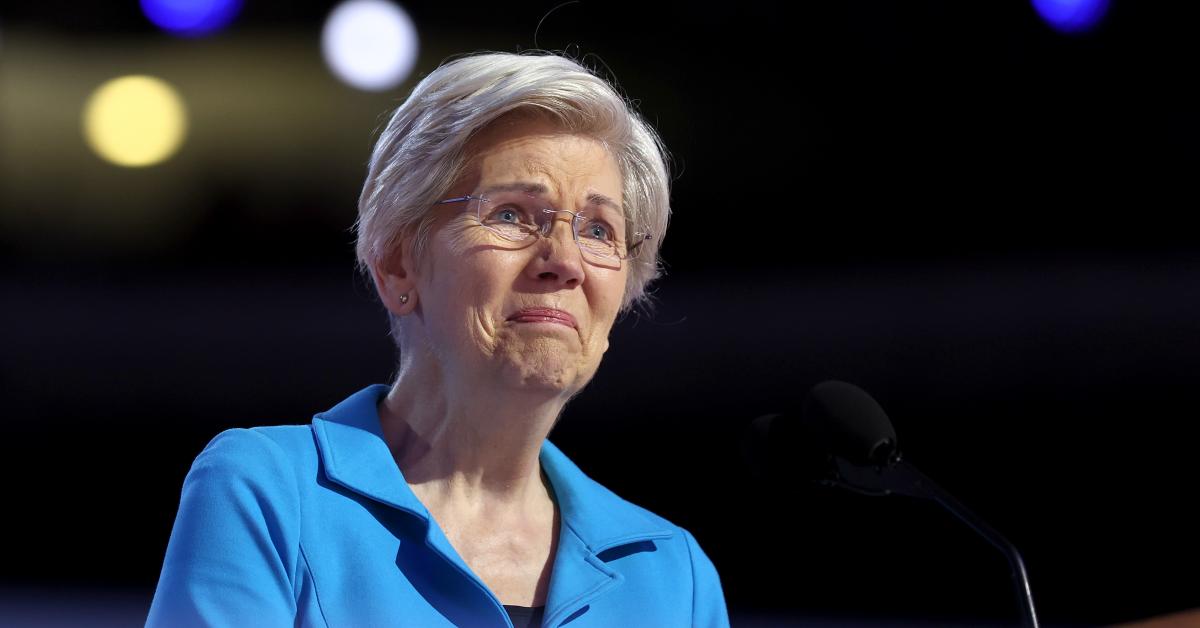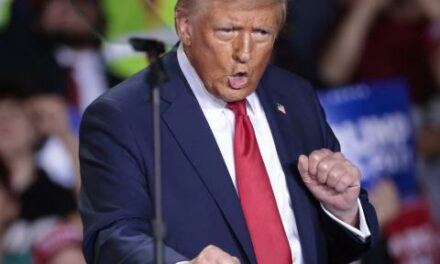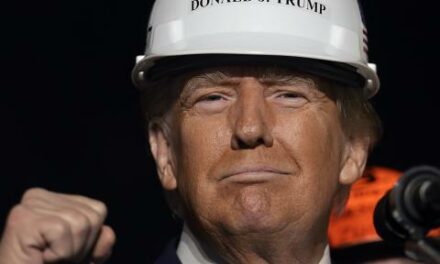We support our Publishers and Content Creators. You can view this story on their website by CLICKING HERE.

While U.S. Sen. Elizabeth Warren, D-Mass., has touted her recently reintroduced “Buy Green Act” as a way to boost the economy and reduce carbon pollution over the next ten years, some environmental policy analysts harbor strong doubts.
The legislation would establish $1.5 trillion in federal procurement commitments to purchase American-made renewable energy products for federal, state, and local use and establish grant funding for U.S. companies to invest in green energy manufacturing.
To implement the plan, the bill would also create a Clean Energy Fund in the Department of Energy and form a Green Procurement Oversight Advisory Board.
“America needs to invest in clean energy like our future depends on it, and I’ve got a bill for that: the BUY GREEN Act,” Warren posted on X. “It will help us grow our economy and establish America as a world leader in clean energy.”
Jason Hayes, director of energy and environmental policy at the Mackinac Center for Public Policy, a free market think tank, anticipates the bill would simply exacerbate inflation without achieving any of its stated goals.
“This is just another way to pretend that we’re going to have government spend us into success. It doesn’t work, whether it’s on green energy or housing or labor or any other issue, it doesn’t work,” Hayes told The Center Square. “We’re seeing the impacts of it over and over again as inflation has harmed the economy and American citizens over the past several years.”
Hayes argued the bill won’t spur economic growth or create lasting jobs because there is no real customer demand for most of these green energy projects.
“Whether it’s green energy manufacturing, or EV subsidies, or any of these things, we see that what is driving the production of electric vehicles, of wind and solar, is government mandates and government spending,” Hayes said. “So there’s a false or illusory sort of demand that’s created when we pass these bills.”
The bill will be a virtually impossible sell in the Republican-controlled Senate when Congress reconvenes in January, particularly given its enormous price tag. Many Republican members of Congress have already showcased their strong aversion to any increases in spending during the December government funding fiasco to prevent a government shutdown.
“We’re at a national debt of over $36 trillion and growing rapidly, and this is just another way to bump it up to $37.5 trillion,” Hayes said, echoing the concerns of Republican lawmakers. “We’re not learning anything here, and we’re fooling ourselves by believing that somehow magically this latest bill is going to spend us into success when it never has before.”

 Conservative
Conservative  Search
Search Trending
Trending Current News
Current News 





